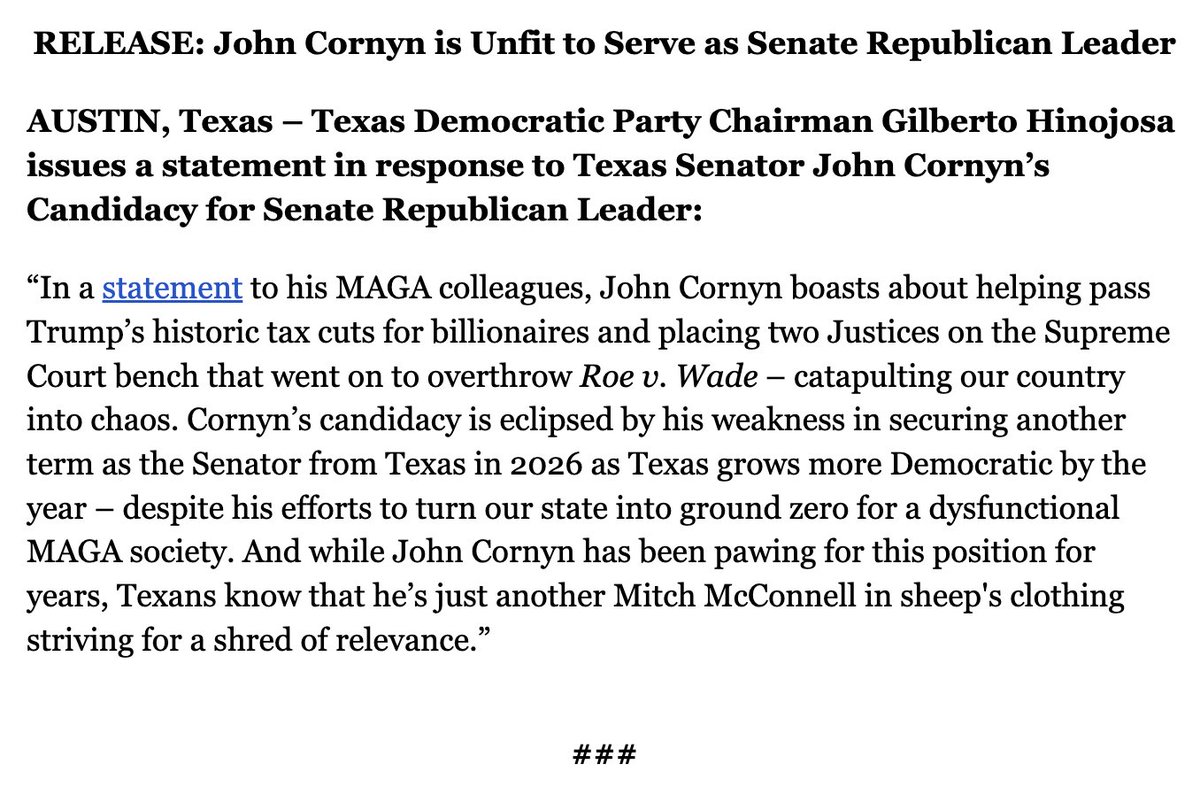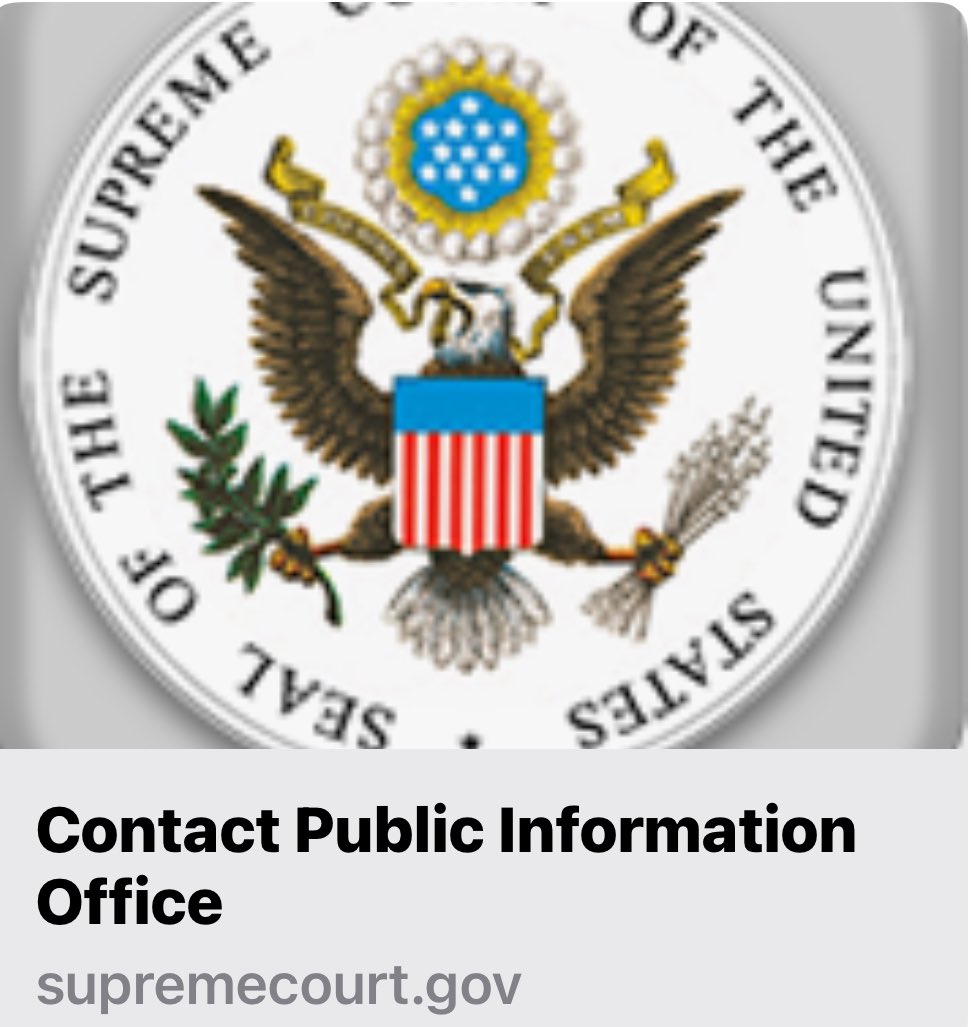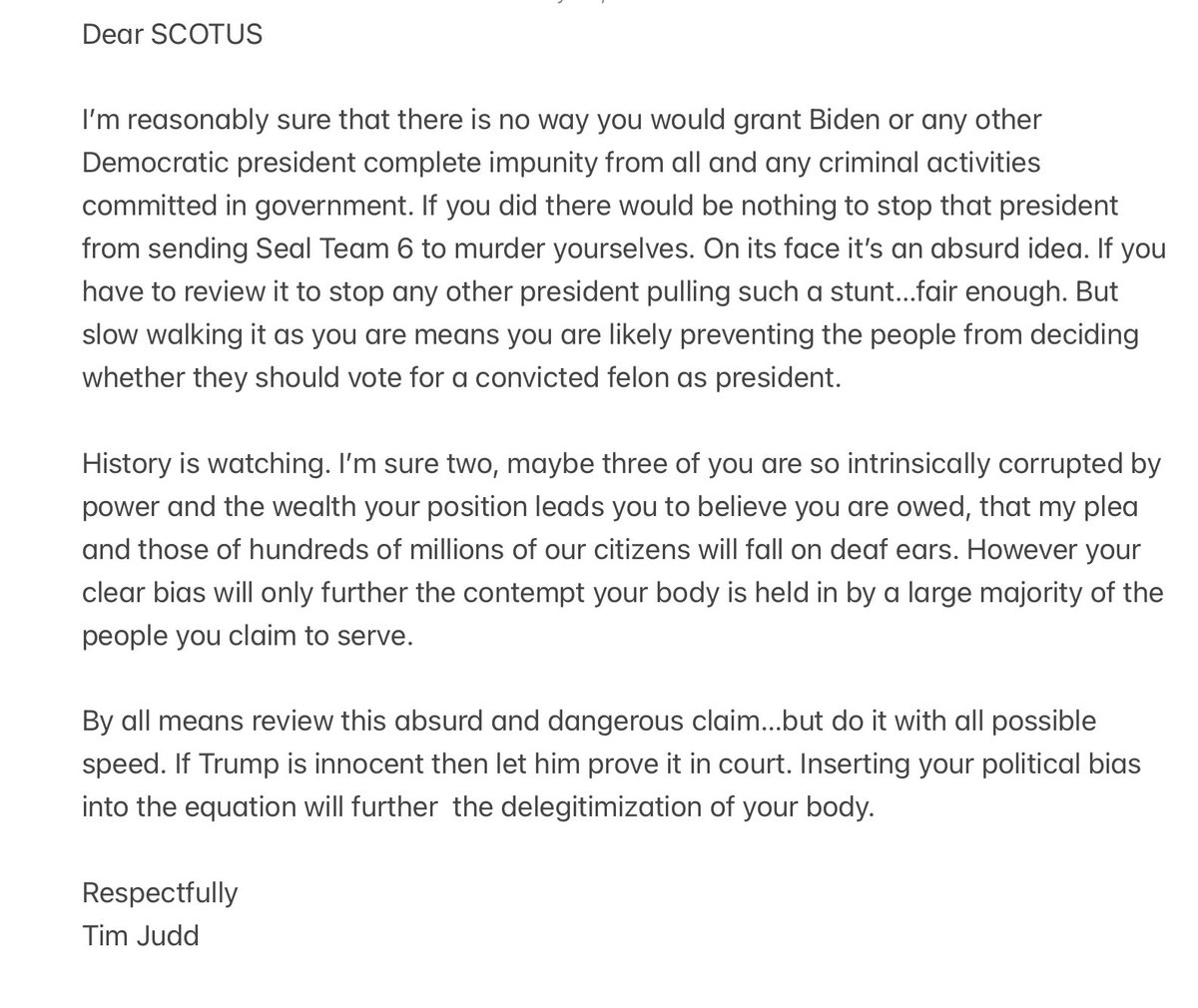LetMyPeopleVote
LetMyPeopleVote's JournalAnother TFG Rally today
These rallies are both scary and sad. The fact that the idiots who attend these rallies are going to vote scares me.
https://twitter.com/RonFilipkowski/status/1763983645809762381
https://twitter.com/RonFilipkowski/status/1763981407875895567
https://twitter.com/RonFilipkowski/status/1763993033580683740
Why Trump's immunity appeal won't affect his first criminal trial
Although Trump has moved to dismiss three of the criminal cases against him on grounds of presidential immunity, he has approached his hush money case in New York differently. TFG's immunity defense will not work in the NY election inference case
https://twitter.com/lawofruby/status/1763691217437483435
https://www.msnbc.com/rachel-maddow-show/maddowblog/trump-immunity-criminal-trials-rcna141267
Through a filing last week, Trump has already moved to dismiss the classified documents case on immunity grounds. Trump also moved to dismiss the RICO case in Fulton County, Georgia, on presidential immunity grounds in early January.
But Manhattan District Attorney Alvin Bragg’s hush money case is different, in part because it arose before Trump’s legal team was thinking about his legal problems holistically.
Specifically, when Trump was first indicted in that case, he moved to remove the matter to Manhattan federal district court (i.e., the Southern District of New York), arguing that as a federal officer, he was entitled to a federal forum. Trump also argued that his defense would turn on one or more questions of federal, rather than state, law, as required by the removal statute and precedent. In his brief, Trump said he intended to defend himself by arguing: 1) that any prosecution of him premised on an underlying violation of federal campaign finance law was preempted by the pertinent federal statute; and 2) more significantly, that he was immune from prosecution as a matter of federal constitutional law.
In a scathing and thorough opinion last fall, Judge Alvin Hellerstein rejected Trump’s removal motion, finding that not only was Trump a former federal officer ineligible for removal, but that even if he were eligible, the federal legal defenses he intended to raise were not even colorable.
Specifically, Hellerstein rejected Trump’s argument that he was immune from Bragg’s prosecution because “his conduct ‘was taken solely because he was President of the United States’ and, ‘as such, his decision to retain Michael Cohen to act as his personal lawyer arose out of his duties as President.’” Hellerstein explained:
Trump’s argument is conclusory. No evidence was presented to support it, and Trump has not explained how hiring and making payments to a personal attorney to handle personal affairs carries out a constitutional duty. Reimbursing Cohen for advancing hush money to Stephanie Clifford cannot be considered the performance of a constitutional duty. Falsifying business records to hide such reimbursement, and to transform the reimbursement into a business expense for Trump and income to Cohen, likewise does not relate to a presidential duty. Trump is not immune from the People’s prosecution in New York Supreme Court. His argument of immunity is not a colorable defense.
Trump initially appealed Hellerstein’s decision, but he withdrew that appeal in mid-November. Why? We don’t know for sure — but one likely reason is that his removal argument undermines, if not contradicts, one of his main defenses in the various ballot qualification battles. Trump could not continue to argue he was a federal officer for purposes of removal without appearing to concede as much in, say, the Colorado case, in which Trump argued that the president is not an officer of the United States. Perhaps not coincidentally, Trump withdrew his removal appeal just two days before the Colorado trial court ruled on Trump’s ballot eligibility following a weeklong trial. And that court found that although Trump had participated in an insurrection, he could not be removed from the ballot under Section 3 of the 14th Amendment because, among other reasons, he was not an “officer of the United States.”
Maddowblog-Trump dangles prospect of a national abortion ban in a second term
For Donald Trump, the question is apparently how to impose a national abortion ban, not whether to impose a national abortion ban.
https://twitter.com/stevebenen/status/1763572714399215777
https://www.msnbc.com/rachel-maddow-show/maddowblog/trump-dangles-prospect-national-abortion-ban-second-term-rcna141336
Former President Trump on Thursday said he hasn’t decided on a set number of weeks after which abortion should be banned after it was reported he privately has indicated he likes the idea of a 16-week ban. “More and more I’m hearing about 15 weeks. I haven’t decided yet,” Trump told Fox News host Sean Hannity.
The phrasing could’ve been more clarifying, but the exchange nevertheless offered fresh insights into the Republican’s perspective.......
It might be tempting to think Trump largely dodged the issue again, but that’s not quite right. The former president hedged, not on whether to impose a national abortion ban, but on the specific details on the kind of national abortion ban he’s prepared to embrace.
In context, when the likely Republican nominee said, “I haven’t decided yet,” he was suggesting that the debate is over where to draw the line, not whether to draw the line.
Despite the murky phrasing, for those concerned about the future of reproductive rights, the message is plenty clear: If given the opportunity, Trump is putting a national abortion ban on the table.
MaddowBlog-To prevent a shutdown, Democrats do the heavy lifting (again)
In the House, Republicans have a majority, but on key bills that need to pass, GOP leaders rely on the Democratic minority to actually govern.
https://twitter.com/stevebenen/status/1763550586429952207
https://www.msnbc.com/rachel-maddow-show/maddowblog/prevent-shutdown-democrats-heavy-lifting-rcna141316
This legislative dynamic — Republicans relying on Democrats to govern — happens a lot more than GOP leaders like to admit.
About a month ago, for example, the House considered a bipartisan compromise on tax policy, which was endorsed by the House Republican leadership. It was nevertheless Democrats who provided most of the votes to pass it.
Two weeks earlier, a bill to prevent a partial government shutdown cleared the House with 314 votes, but roughly two-thirds of those votes came from the House Democratic minority.....
When John Boehner was a Republican House speaker, he too found himself dependent on Democrats when his far-right members didn’t want to govern. During Paul Ryan’s tenure, it happened some more. When Kevin McCarthy did the same thing, it contributed to the intraparty revolt that cost him his gavel.
And now, here we are, watching Speaker Johnson do the same thing.
Supreme Court delivers the gift Trump was desperate to receive
If Supreme Court justices don't want to be seen as "partisan hacks," they're going to have to start changing their behavior
https://twitter.com/stevebenen/status/1763240571932385521
https://www.msnbc.com/rachel-maddow-show/maddowblog/supreme-court-delivers-gift-trump-was-desperate-receive-rcna141132
“My goal today is to convince you that this court is not comprised of a bunch of partisan hacks,” the conservative justice said at the time.....
And when those same far-right justices deliver Donald Trump an unjustifiable gift, the problem gets even worse. My MSNBC colleague Jordan Rubin explained:
The Supreme Court has decided to review Donald Trump’s far-fetched immunity claim, a move that will at least further delay the former president’s federal election interference case from going to trial. The justices will hear oral arguments the week of April 22.
The specific question that the justices will consider, according to the written order, is “whether and if so to what extent does a former President enjoy presidential immunity from criminal prosecution for conduct alleged to involve official acts during his tenure in office.”....
This isn’t real litigation; this is a transparent stalling tactic.
It’s against this backdrop that members of the Supreme Court giftwrapped a present for the likely Republican presidential nominee — first by taking their sweet time to agree to take up the case, needlessly delaying the process by weeks, and then again by scheduling arguments for April. It’s difficult to guess when an actual ruling will come down, but it’s now expected at some point in the late spring or early summer.
Common sense suggests that the justices will not ultimately rule in Trump’s favor — because that would be hopelessly insane — but that’s beside the point. The outcome of what is essentially a fake case is easy to guess, but it’s also irrelevant.......
Recent polling suggests the single great threat to Trump’s campaign has nothing to do with the Democratic incumbent or the state of the economy. The threat is a criminal conviction — because a whole lot of voters just aren’t prepared to cast a ballot for a known felon.
The former president and his team know this, which is why they’re going to outlandish lengths to delay the process as much as possible. If there’s a defense for the Supreme Court assisting in such an endeavor, I can’t think of it.
Right now it is clear that the SCOTUS is indeed a bunch of partisan hacks
Crucial issue in Fani Willis disqualification: What legal standard applies?
The question that Judge Scott McAfee decides he has to answer could determine the fate of the Georgia case against Trump and others.
https://twitter.com/3beesbuzz/status/1763696474159030607
https://www.msnbc.com/deadline-white-house/deadline-legal-blog/fani-willis-hearing-key-issue-rcna141460
During Friday’s arguments, McAfee quizzed both sides about whether an actual conflict of interest is required or whether the appearance of impropriety suffices. Of course, the state hopes it’s the former and the defense hopes it’s the latter. McAfee sounded open to the possibility of the appearance standard, though it can be difficult to read too much into judges’ questions at hearings. Plus, even if he were to apply the standard the defense prefers, that doesn’t mean he would necessarily rule in their favor. Likewise, he could disqualify Willis under the actual conflict standard, though that seems less likely to occur.
McAfee closed the proceeding by noting that he has several legal and factual issues to sort through, and he said that he hoped to have an answer within the next two weeks. The hearing served as a reminder that the ultimate answer could hinge on the question he asks.
Andrew Weissman-The Supreme Court just made Jack Smith's job that much harder
The Deadline Whitehouse Legal Blog is a great source for legal discussions.
And we, the American people, will all be the worse for not having a timely decision on this momentous case.
https://twitter.com/AWeissmann_/status/1763216592165380266
https://www.msnbc.com/deadline-white-house/deadline-legal-blog/trump-immunity-supreme-court-delay-rcna141063
According to Wednesday’s order, the Supreme Court will hear oral arguments in this case the week of April 22. Clearly, some number of justices wanted to weigh in on this issue. But the court could have done a number of things to speed this process along. It could have, for example, taken the case from the special counsel’s petition after the district court decision when special prosecutor Jack Smith asked the Supreme Court to take it directly.
The court could also have decided to respond to Trump’s petition in far less time. There is no reason why the justices needed 13 days to deliver their answer. And instead of saying they will hear the case the week of April 22, justices could have set a much faster timeline. After all, this is a case where the parties are ready to argue and the briefs are already largely written.
Now Smith will be gaming out what he can do to get the case to trial, assuming that at some point U.S. District Judge Tanya Chutkan gets the green light to proceed. Smith can ask to shorten the timeframe for getting the case through pretrial motions and jury selection. He can also shorten the trial (which he has previously estimated to last about 3 months). Smith can, in short, “slim to win” and hope we have a verdict before the general election in November. But he will be facing strong headwinds from the Supreme Court, and he may not get the chance.
And we, the American people, will all be the worse for not having a timely decision on this momentous case.
Texas Democratic Party Release: John Cornyn is Unfit to Serve as Senate Republican Leader
https://twitter.com/texasdemocrats/status/1763249587102376357
Profile Information
Member since: Mon Apr 5, 2004, 03:58 PMNumber of posts: 154,033

